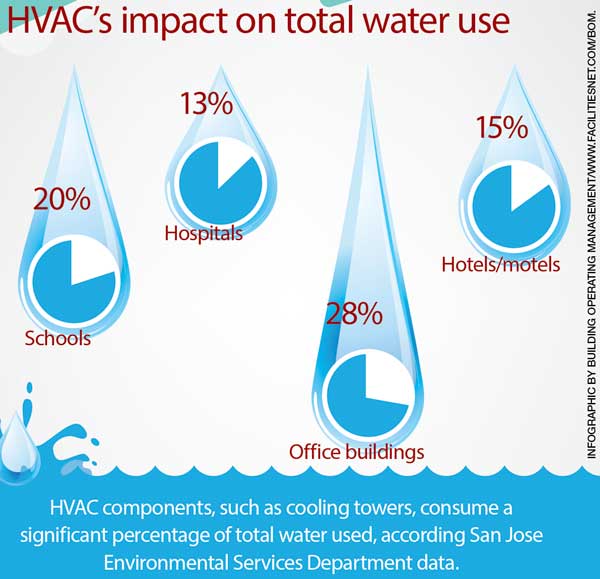The Future Of Home Home Heating - Just How Heat Pump Technology Is Developing
The Future Of Home Home Heating - Just How Heat Pump Technology Is Developing
Blog Article
Web Content Create By-Rosenthal Dominguez
Heat pumps will be a crucial technology for decarbonising heating. In a scenario consistent with governments' revealed power and climate dedications, their international ability increases by 2030, while their share in heating rises to one-quarter.
They work best in well-insulated homes and count on electrical energy, which can be supplied from an eco-friendly power grid. Technical advancements are making them much more reliable, smarter and less expensive.
Fuel Cells
Heatpump utilize a compressor, cooling agent, coils and followers to move the air and warm in homes and appliances. They can be powered by solar energy or power from the grid. They have been acquiring appeal as a result of their affordable, silent procedure and the capacity to create power throughout peak power demand.
Some companies, like IdaTech and BG MicroGen, are working on fuel cells for home heating. These microgenerators can change a gas central heating boiler and produce some of a home's electrical demands with a connection to the electrical energy grid for the remainder.
But there are factors to be unconvinced of using hydrogen for home heating, Rosenow claims. It would certainly be expensive and ineffective contrasted to various other technologies, and it would contribute to carbon emissions.
Smart and Connected Technologies
Smart home technology enables homeowners to link and manage their gadgets from another location with the use of smartphone applications. For https://www.bobvila.com/articles/does-home-warranty-cover-water-damage/ , wise thermostats can learn your heating choices and immediately get used to enhance power usage. Smart illumination systems can be controlled with voice commands and immediately switch off lights when you leave the room, lowering energy waste. And wise plugs can monitor and handle your electric use, permitting you to determine and restrict energy-hungry home appliances.
The tech-savvy household depicted in Carina's meeting is a good picture of just how occupants reconfigure room heating techniques in the light of new smart home innovations. They rely upon the gadgets' computerized attributes to accomplish everyday adjustments and concern them as a practical methods of performing their heating methods. Therefore, they see no reason to adjust their practices even more in order to allow flexibility in their home energy demand, and interventions targeting at doing so may encounter resistance from these households.
Power
Because warming homes represent 13% of US discharges, a button to cleaner alternatives can make a large difference. Yet moved here encounters challenges: It's pricey and calls for comprehensive home improvements. And it's not constantly suitable with renewable resource resources, such as solar and wind.
Up until lately, electrical heat pumps were also expensive to compete with gas designs in the majority of markets. Yet brand-new technologies in design and products are making them a lot more budget friendly. And much better cool climate efficiency is enabling them to operate well even in subzero temperatures.
The following step in decarbonising heating may be using heat networks, which draw heat from a main source, such as a close-by river or sea inlet, and distribute it to a network of homes or buildings. That would certainly reduce carbon discharges and permit households to benefit from renewable resource, such as eco-friendly power from a grid supplied by renewables. This choice would be much less pricey than switching over to hydrogen, a nonrenewable fuel source that requires brand-new framework and would just reduce CO2 discharges by 5 percent if paired with boosted home insulation.
Renewable Energy
As electrical energy rates go down, we're beginning to see the same fad in home heating that has driven electric cars right into the mainstream-- however at an even faster rate. The strong environment situation for impressive homes has been pushed even more by new study.
Renewables represent a considerable share of contemporary heat intake, however have been provided limited policy focus globally contrasted to various other end-use sectors-- and even less interest than electricity has. Partly, this shows a mix of customer inertia, split rewards and, in lots of nations, aids for nonrenewable fuel sources.
New technologies might make the shift much easier. For example, heat pumps can be made more power effective by replacing old R-22 refrigerants with new ones that do not have the high GWPs of their predecessors. Some experts also envision district systems that draw heat from a neighboring river or sea inlet, like a Norwegian arm. The warm water can then be utilized for heating & cooling in a community.